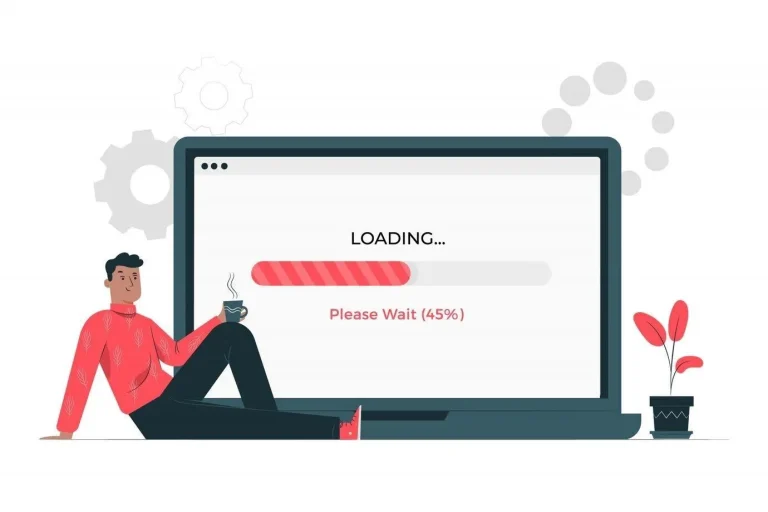The Media Rating Council (MRC) is an independent American non-profit organization that audits and accredits media measurement products and data sources. The body ensures standards for valid, reliable, and effective media measurement services and data sources across different media types today.
It ensures that the information provided by a vendor is reliable and valid, thereby reeling in disparities in measurement standards, biases, or tweaks. This creates an ethical framework for data reporting within the media space.
Table of Contents
MRC Certification
Any vendor can get accreditation from the MRC by completing multiple rounds of audits. Once the audits are done, MRC Certificate accredits the firm as a valid and reliable source of data and insight.
This certification helps a vendor/audience measurement provider win marketers’ confidence as a valuable dataset that can be relied upon as a tool to strategize in the future.
It is important to note that a Media Rating Council certification does not immediately mean that a vendor’s analysis is flawless. And to avoid creating a false air of confidence, the council requires new audits every time a previously accredited company changes its data collection methodology or simply through a yearly renewal of accreditation.
Media Rating Council: A Seal of Approval
With the rise of data manipulation to mislead shareholders, it has become imperative for technology vendors to get accredited by the council.
In a way, it has even grown into a competitive advantage. For instance, Innvoid sees an uplift in closed deals because of the MRC Certificate.
Innvoid submits its values every year for MRC approval, says Tal Chalozin, Innovid’s co-founder and CTO. They have been questioned about MRC approval by all the brands and agencies they work with, and hence, the company decided to get accreditation from the MRC.
“Right now, we actually win deals off of someone else because we are MRC-accredited”
– Tal Chalozin, Co-founder, Innvoid
Not just Innvoid, marketers from different companies highlighted the importance of MRC accreditation by saying that it is the most important currency in the digital ad space.
Why Is it Important?
MRC Certification isn’t for closing more deals. But it does offer an added advantage. The credibility it adds to brands creates accountability and confidence amongst companies who want to buy and use the data.
Facebook was embroiled in a controversy about data misrepresentation back in 2016. The social media behemoth released instances of mistakes in its data, prompting advertisers to push for MRC accreditation. Incorrect data about video ads and ad impressions led to incorrect charges to advertisers, which Facebook had to repay out of pocket.
Facebook underwent the MRC Certification process to remedy this situation and regain favor. The company completed its accreditation process in 2022 and is now certified as operating within the framework of the governing body.
Video hosting giant Youtube followed suit and recently received its MRC certification after stringent audits. This dispels further claims that these popular platforms doctor data and establish themselves as ‘legitimate and effective’ advertiser resources.
This points to how important a common governing body is in creating a transparent framework that brings accountability to the forefront of sensitive operations that impacts the earnings and expenditure of other companies in the space.
What Does the Media Rating Council Do?
- Creating a framework of minimum standards of operation:
Establish minimum standards for the (technology or audience measurement providers’) rating operations.
- Recognizing efforts by companies to be transparent in reporting data:
Media Rating Council accredits the rating services based on information provided by such services. Having a system of checks and balances helps create a trustworthy framework of operation which is crucial in the B2B industry.
- Performing Audits:
The MRC performs frequent audits using data presented by the organization seeking approval. It is a lengthy process that starts with a pre-audit which helps confirm if the company has performed the necessary primary steps to start the audit.
This is followed by an independent audit which helps verify all the information/features the company provided during the pre-audit. The audits are usually done by external accounting firms like Ernst & Young, and the MRC financially supports the process.
The content of the audit is confidential but includes various dimensions of the business, including:
- Conformity with the Interactive Advertising Bureau (IAB) standards.
- Internal procedures for welcoming new clients (client onboarding), addressing their questions, and an issue tracking system that oversees concerns.
- Data extraction helps clients to gain insights into their campaigns.
- Platform availability.
Who Are the Members of MRC?
Any media organization that uses media research or depends on it is eligible to become a member of MRC, and each member company is entitled to a seat on the MRC Board of Directors. Currently, there are 145 board members (approximately) in total representing TV and Radio Broadcasting, Cable, Print, Internet, and Advertising Agency organizations and Advertisers and Trade Associations.
How Does MRC Benefit the Publishers?
Media Rating Council (MRC) and Interactive Advertising Bureau (IAB) generally set industry standards and ensure the sustainability of digital advertising via a framework of accountability and transparency.
The ‘Conduct of Ad Verification’ guidelines in February 2012 provided a common set of acceptable methods for conducting digital ad verification services.
These guidelines address many important topics, such as Geo-Targeting, Site Context, Ad Placement, Competitive Separation, and Fraud Detection.
Similarly, the Social Media Measurement devised by MRC helped establish guidelines that measure social media activity, audience, and ad exposure on Social Media Platforms and define the key terms for social media.
Most importantly, they’ve defined ‘ad viewability’.
They audit the technologies you use to run/verify campaigns and push the industry toward a better future. In a word, they are preventing ‘chaos’ that could bring the whole digital advertising industry crumbling down.
The Importance of Rating Media Data and Insights
Social media platforms and publishers might use various techniques and technologies to segregate, measure, and report audience data. However, using an MRC-accredited service improves the trust factor of your websites, and advertisers prefer to work with more closely (think PMPs, direct sponsorships, etc.)
Ad buyers will automatically turn to an accredited firm for insights, as most well-known firms performing this function are accredited. That being said, if you’re utilizing a vendor to support or report on the performance of campaigns, it’s prudent to ask for an MRC Certificate.
FAQs
Why should publishers care about MRC viewability Standards?
It is considered the gold standard for firms that collect and sell industry-specific data. The scrutiny by the MRC of a firm’s data collection methods adds a layer of security to the final product, making it more reliable for buyers.
What are MRC Viewability Standards for Publishers?
The MRC viewability standards help assess ads for publishers, ensuring a common set of acceptable methods for conducting digital ad verification and monitoring services.
Who is MRC?
The MRC is an organization that was created to ensure that tech and data vendors share, sell, and use industry-specific data (for digital ads) to minimize fraud, misrepresentation, and data manipulation.























